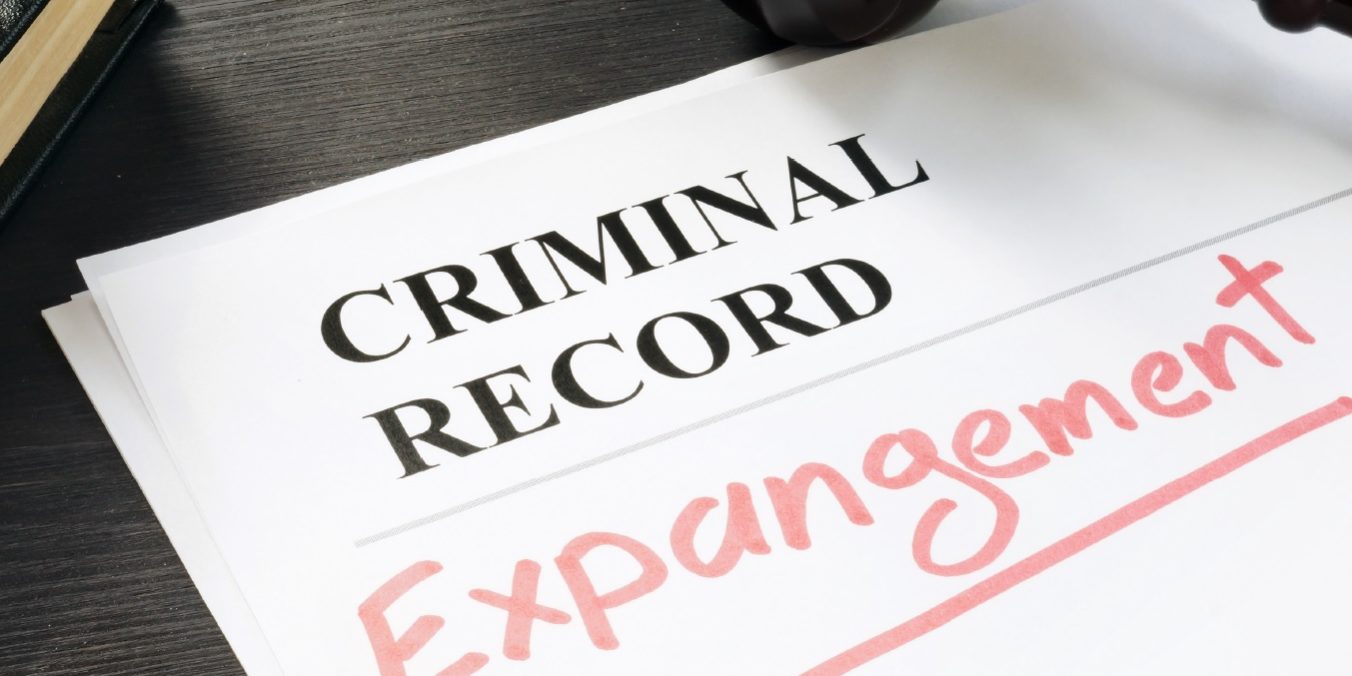Clearing criminal records can be life-changing, leading to employment, higher wages, housing, educational opportunities, and more. For the one in three Americans who have a criminal record, record clearing is one of the most important tools to overcoming barriers and accessing opportunity. In the wake of the COVID-19 pandemic, when unemployment rates remain high, it is more important than ever that people are able to get their old and minor records cleared up so they can have the best possible chance to engage in the workforce.
Yet research tells us that only about 6.5% of people who are eligible for record clearing through a petition-based process are able to apply for record clearing and make their way through the process. This “second chance gap” is partly caused by petition-based record clearing processes that are fraught with a variety of challenges and barriers, locking people out of the relief for which they are eligible and desperately need. This paper provides a comprehensive overview of the various barriers and challenges to record clearing that exist in a variety of states, based on a survey of the field of record clearing practitioners. It also provides key takeaways and recommendations for policy reform.






